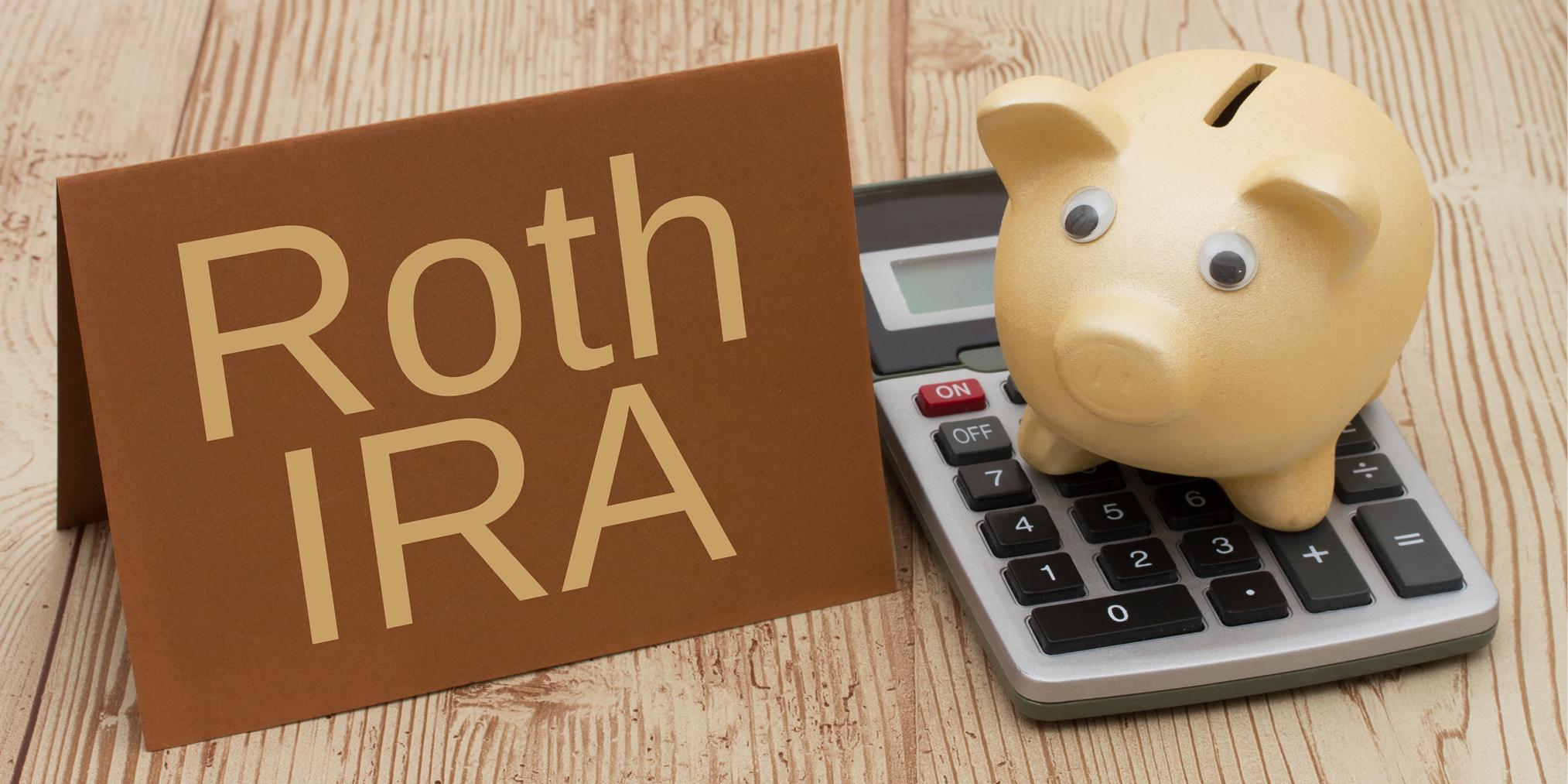What is a Roth IRA and how is it different from a Traditional Individual Retirement Account?
Both Traditional and Roth IRAs are dedicated retirement accounts, with a few key differences:
- Tax Incentives: While both Roth and Traditional IRAs include tax incentives, the timing of when you receive those benefits differs. With Traditional IRAs, the benefit comes at the front end. Contributions are generally tax-deductible on both your state and federal tax returns in the year contributions are made. Traditional IRAs grow tax deferred and distributions taken in future years are taxed as ordinary income. On the other hand, Roth IRA contributions are not tax deductible, but the withdrawals, including the growth, are tax-free as long as you have held the account for at least five years.
- Income and Age Limits: There are no age restrictions when contributing to a Roth IRA, whereas only those younger than age 70 ½ with earned income are able to contribute to a Traditional IRA. Roth IRAs do have income restrictions. Couples filing jointly must have a modified adjusted gross income (MAGI) of less than $196,000 and single tax filers must fall below a MAGI of $133,000 to contribute directly.
- Withdrawal Rules: With both Traditional and Roth IRAs, you may begin taking distributions at age 59 ½ without an early withdrawal penalty. With a Traditional IRA, once you reach age 70 ½, you must begin to take out required minimum distributions (RMDs) which are a percentage of your account value based on your life expectancy. (Essentially the IRS tries to ensure you pay taxes on the money during your lifetime). Roth IRAs do not have required minimum distributions during your lifetime, and your account continues to grow tax-free after age 70. You may take distributions from your Roth account at any time, with some restrictions.
What if my tax bracket is too high to directly contribute to a Roth Account?
Although you may earn too much to make a direct contribution to a Roth IRA, you may be able to first contribute to a non-deductible Traditional IRA and then move those funds to a Roth IRA account, an option that does not include any income restrictions. This process is commonly referred to as a “Roth conversion” since you are moving assets from a Traditional IRA and converting them to Roth assets.
With a Roth conversion you have the flexibility of moving over as much or as little of your Traditional IRA into your Roth account as you want, allowing you to manage the tax cost of your conversion. Generally, the amount included in the conversion becomes part of your taxable income, so you’ll probably look to convert no more than what will push you to the very top of your current federal tax bracket. We highly recommend consulting a tax professional when making a Roth conversion.
How do I know if a Roth conversion will work for me?
Roth conversions do have tax consequences and everyone’s situation is unique. However, there are a few times we like to consider Roth conversions for our clients. If a client’s current income is temporarily low or if they expect to move into a higher income bracket in the future we consider doing Roth conversions. Those in a period of unemployment, on disability, or in the midst of earning a degree may also be in a great position to consider converting to a Roth account.
Many times the period between retirement and when you begin collecting Social Security income is an ideal time for a Roth conversion. If you are retired, under age 70 and not taking Social Security or receiving money from a pension, you may be in an excellent position to take advantage of a Roth conversion. Many of our clients’ income tax rates actually go up once they reach age 70, begin taking Social Security and are forced to take required minimum distributions from their traditional IRAs. Roth conversions between retirement and age 70 actually lower required minimum distributions from traditional IRAs after age 70 leading to long-term tax savings.
Roth IRAs are also a wonderful legacy to leave to your heirs as they will receive tax free income for the remainder of their lives.
Want to learn more?
Visit: www.vlpfa.com or submit your question for an advisor to info@vlpfa.com.
VLP Financial Advisors
8391 Old Courthouse Rd., Suite 203
Vienna, VA 22182
Bruce Vaughn is a Registered Representative of and offers securities and Advisory Services through Cetera Advisor Networks LLC, member FINRA/SIPC. Cetera is under separate ownership from any other named entity. For a comprehensive review of your personal situation, always consult with a tax or legal advisor. Neither Cetera Advisor Networks LLC nor any of its representatives may give legal or tax advice.






